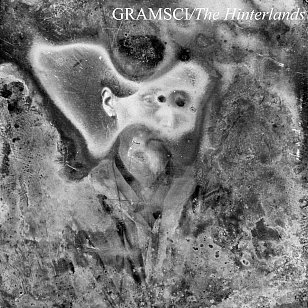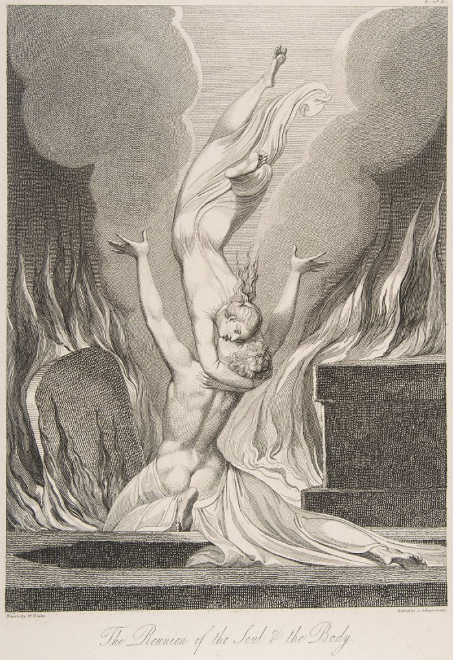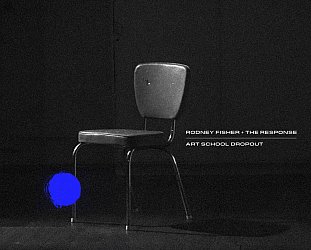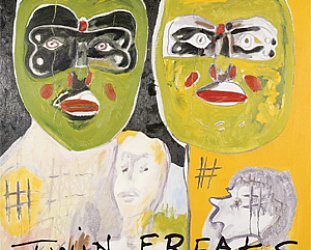Graham Reid | | 2 min read
Legend

From time to time Elsewhere will single out a recent release we recommend on vinyl, like this one which comes with the lyrics on the inner sleeve.
Check out Elsewhere's other Recommended Record picks . . .
.
When the original Fleetwood Mac guitarist Peter Green died in 2020, Auckland musician Paul McLaney recorded a moving tribute-cum-homage The Tree of Life which hinted at the classic Green/Mac instrumental Albatross.
Ironically, for someone whose formative teenage influences were Green-period Mac, expansive Pink Floyd and the Cure's guitar soundscapes, it was one of the few times in McLaney's 25-year career he'd acknowledged that aspect of himself.
British-born McLaney first appeared on the local scene in the late Nineties under his own name as an assured singer-songwriter with a series of increasingly impressive albums.
Within a few years he was also working in rock as Gramsci – named for the Marxist writer Antonio Gramsci – and quickly became known as an artistically astute collaborator.
Since then he has written for theatre and dance companies, recorded in Abbey Road and Los Angeles, set Shakespeare's soliloquies to song (the Play On album with Julia Deans, Maisey Rika, Ria Hall and others) and a decade ago began releasing a series of atmospheric albums as The Impending Adorations on bandcamp.
In 2011 he was behind the concept album Immram: The Voyage of the Corvus Corrone, an elaborate hoax with Module and Matt Pitt which purported to be a great lost prog-rock cult album from the mid-Seventies. It appeared as a lavish, limited edition vinyl box set with period-like prog artwork in the 64-page booklet. It was a meticulously crafted and very expensive ruse which is now a collector's item much as the “original” album was.
Last year, as The Impending Adorations, he began collaborating with the electronic and visual artist Proteins of Magic (Kelly Sherrod of Dimmer)
What McLaney parked up for 15 years was Gramsci which emerged again in 2020 with the acclaimed Inheritance, an album connecting back to those formative influences: “I woke in Wellington [with] a very deep understanding that I would be reclaiming the electric guitar as the fundamental tool of expression”.
With the acclaimed producer Greg Haver on percussion, in a thoughtful and self-analytical way, Inheritance reflected on the role alcohol had played in the now non-drinking McLaney's life: “You kid yourself it's a reward, it takes the edge of feeling bored . . .”
The pair, with bassist Marika Hodgson, have returned with The Hinterlands, a philosophical meditation on all that shapes our lives and perceptions married to widescreen, beefy but considered 21stcentury rock.
With lyrics alluding to the philosophy and Romantic poetry and in a voice which at times recalls a Bowie-like balladeer (Heaven in a Wildflower, “the world in a grain of sand”), The Hinterland rides off searing but pointed guitar solos and ascending classical passages on synths (The Beginning), chiming chords propelled by Haver's drumming (Happiness) and memorable Paisley Underground-styled pop addressing our fractured societies on Legend.

The final ballad Remember stares into the abyss and asks, “who will remember me? Will I ever be remembered? Please remember me”.
Existential rock has rarely sounded so crisply produced, cinematic yet personal.
“For the first time I feel like all of the separate aspects of my musical expression have found their shared equilibrium,” he said recently.
“It’s the album that all of my musical adventures and experiments have led me to.”
Aptly for an album which is McLaney coming full circle back to what inspired him and using electric guitar to say what words can't, the inner sleeve is of a 19thcentury engraving by the Italian Luigi Schiavonetti after a William Blake design.
It's title? The Re-union of the Body and the Soul.
Gramsci's The Hinterlands is available digitally or on CD from bandcamp here or on limited edition vinyl at a good record store.





post a comment